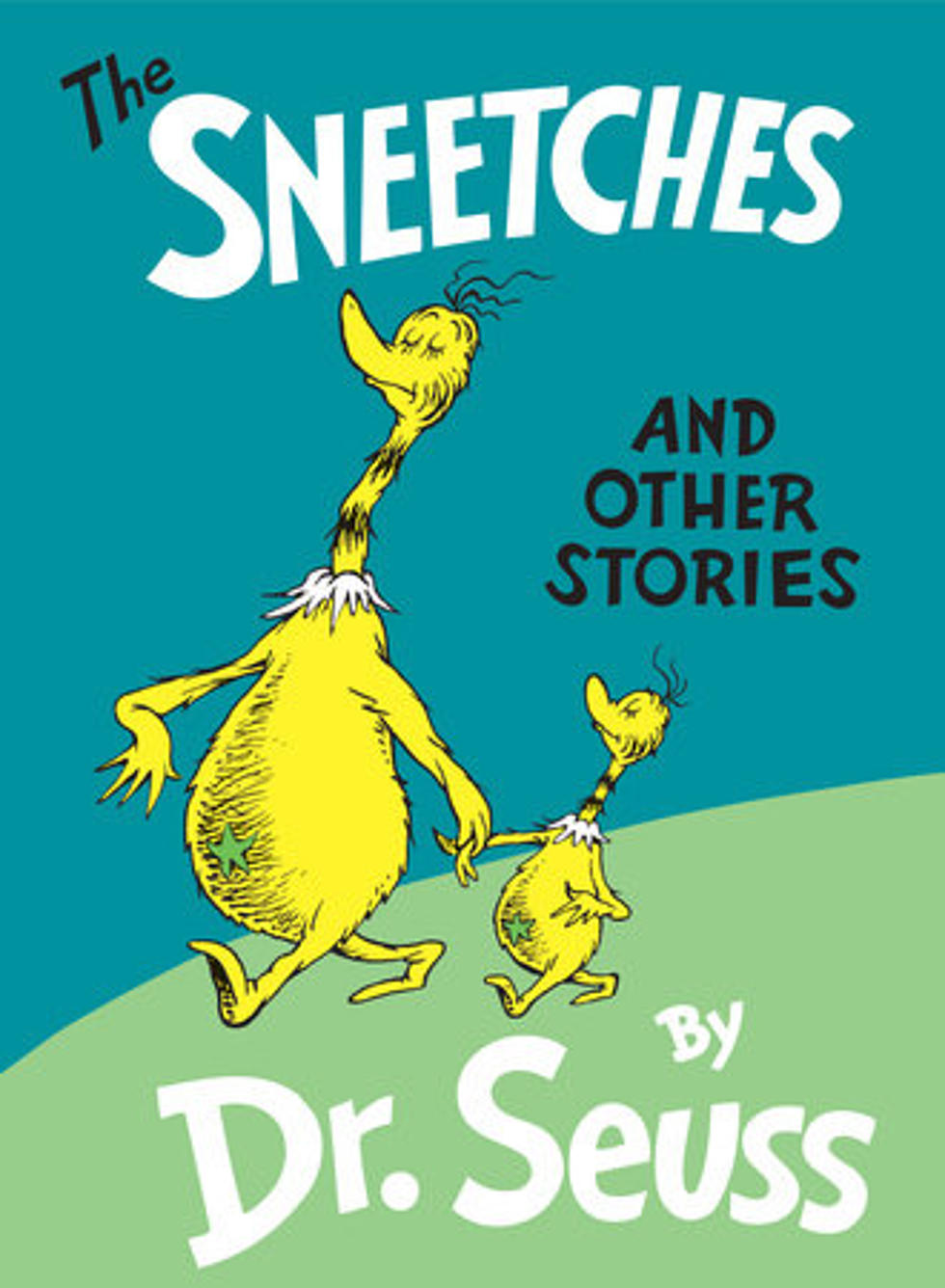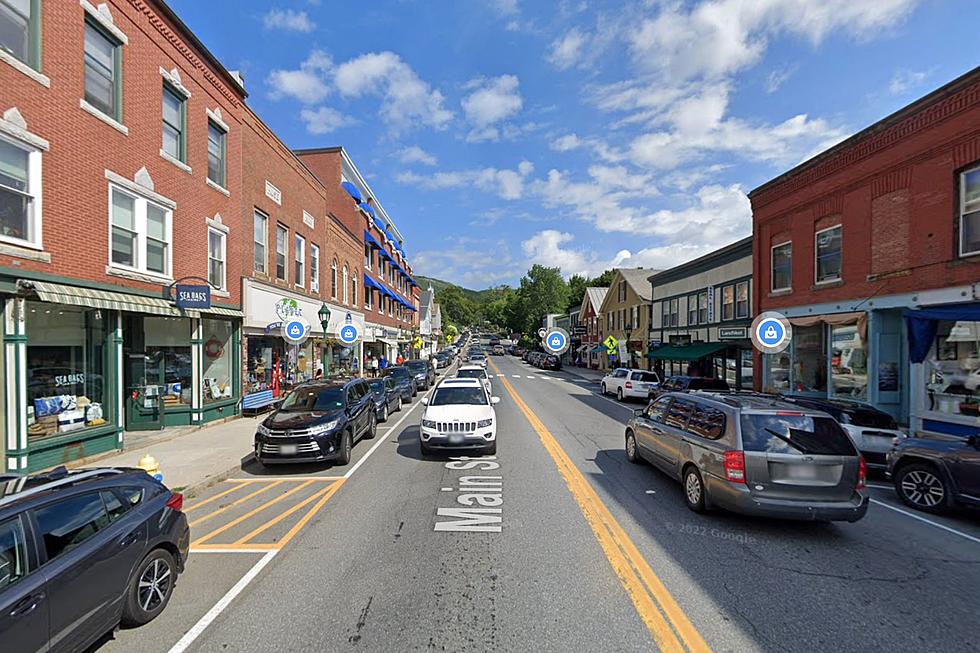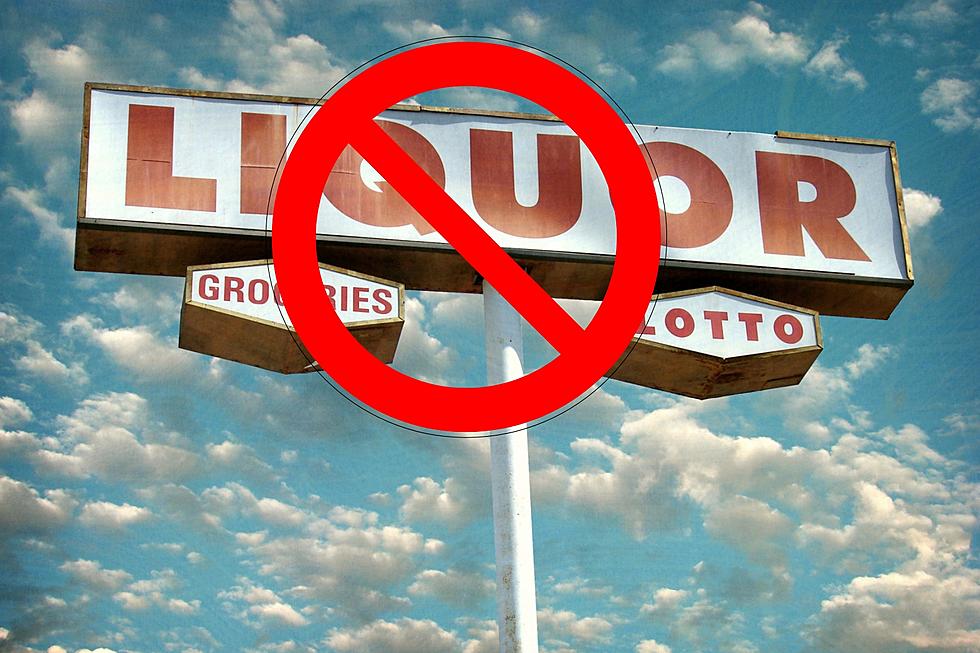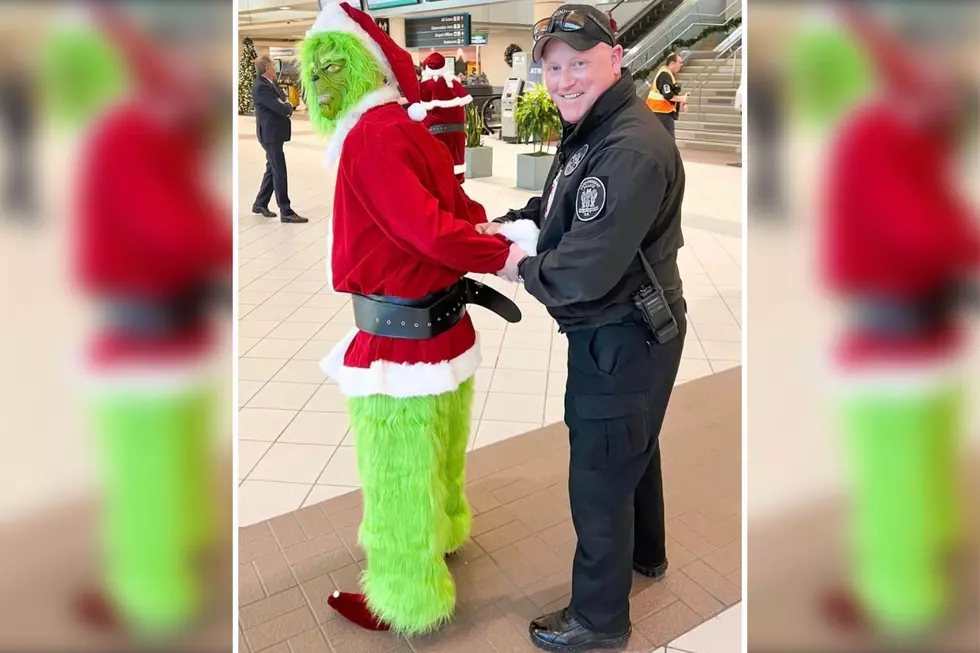
Psychic Seuss: Did the New England Native Predict This Recent News Story?
Perhaps if I were the great Paul Harvey, I’d find a way to hide the fact that I’m referring to Dr. Seuss by referring to him by his real name. But that is hard to do when speaking about Theodore Seuss Geisel – the beloved children’s author who wasn’t a real doctor, but played one on his book covers.
Born and raised in Springfield, Massachusetts, Seuss attended Dartmouth College in New Hampshire, where he adopted the playful “Doctor” prefix, according to his 1991 New York Times obituary. It remained a pen name as an in-joke referring to his father’s undying wish for him to do something “serious” like study medicine.
Not only can the father Seuss take pride in the fact that his son lit up the faces of countless children over his six-decade career, but he may have also been a secret member of New Hampshire’s DeLorean time travel club. There are several instances where it seems Dr. Seuss peered into a crystal ball and magically predicted the future.
Most notably, his short story The Sneetches. In it, a group of creatures (Sneetches) who live in the same area (beaches) are visited by a man with a machine that can print stars on their bellies. This leads to a heated dispute between Sneetches with and without stars about which group is “superior.”
For extra money, you can add an extra star. And for even more money, you can pay to have your star removed.
Remind you of anything? Because to me, that traveling salesman who visited the beach sounds a lot like the guy running a website called Twitter right now.
It’s just one of many examples where Seuss was prophetic, with many forecasting notable stories right here in New England.
Times New England Native Dr. Seuss Predicted the Future
Explore the Wonderful, Colorful Eric Carle Museum in Amherst, Massachusetts
More From 94.9 WHOM









